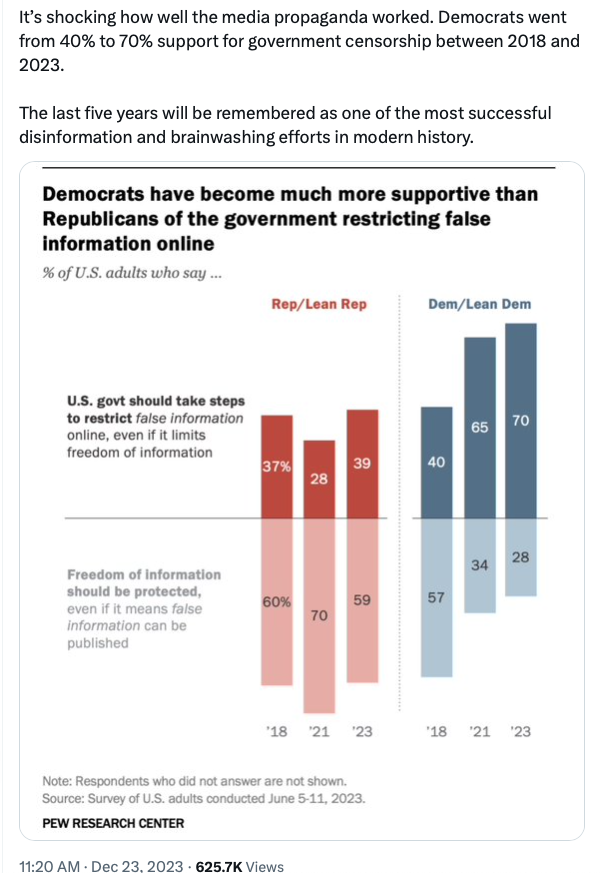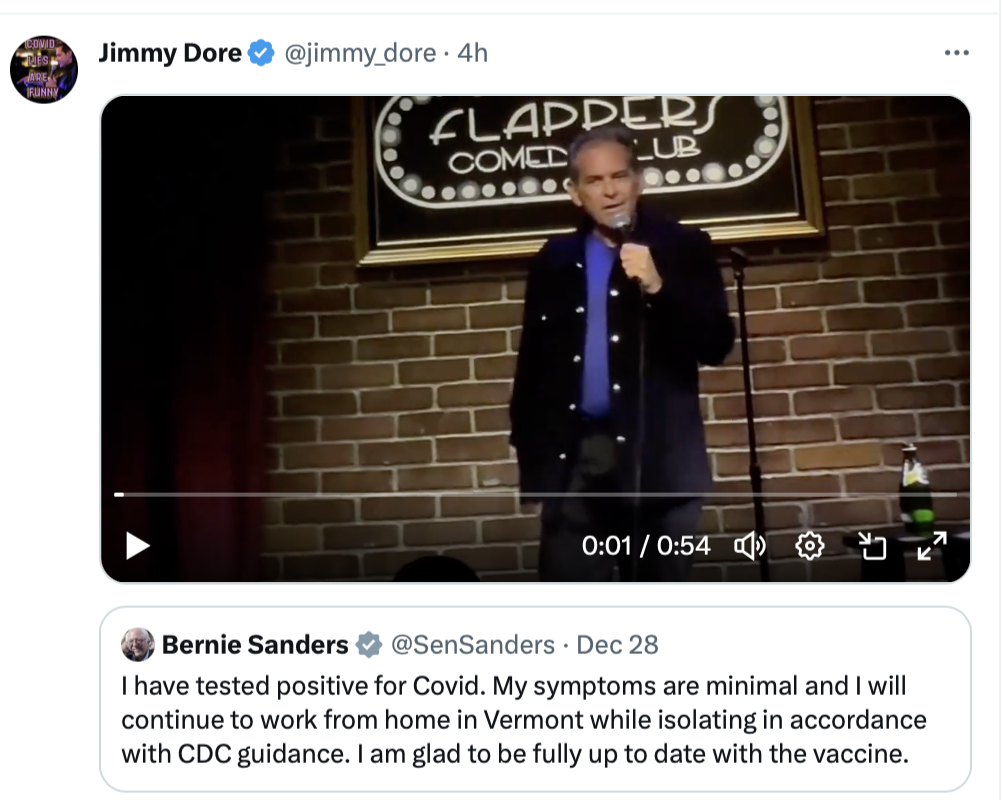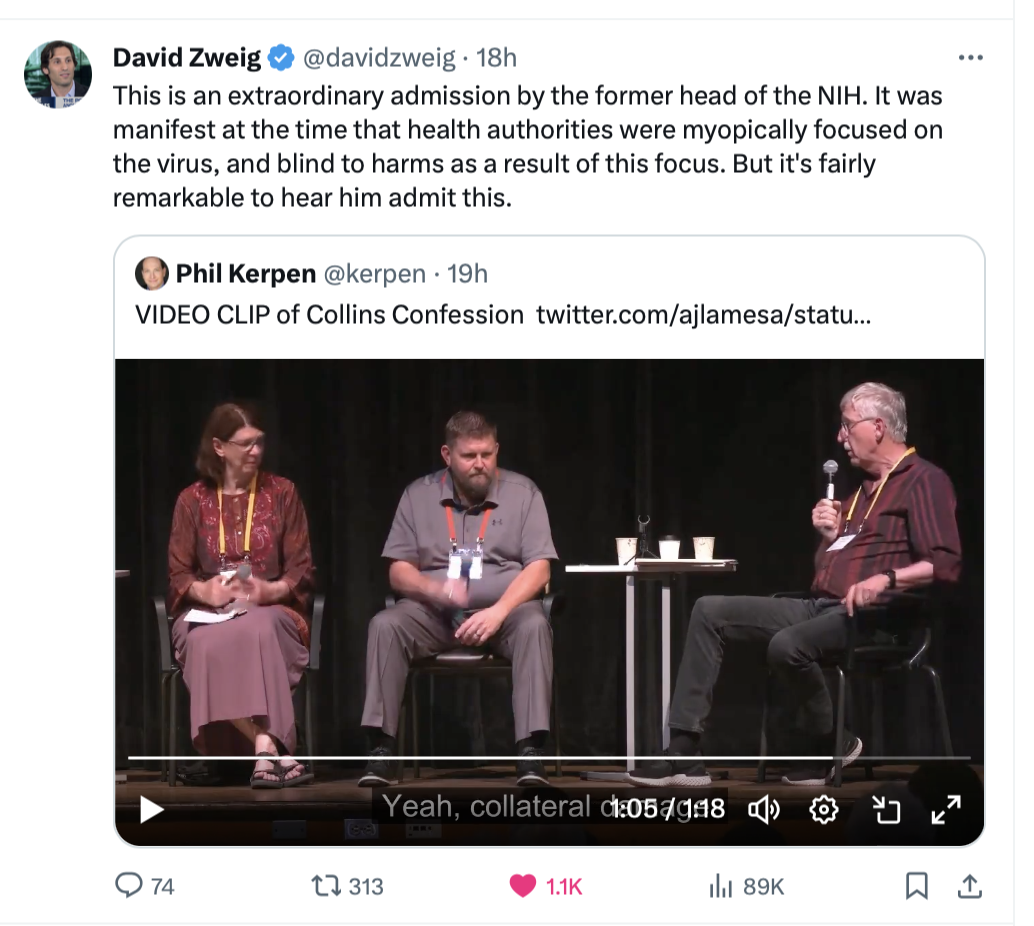The Social Costs of Sincere Truth-Seeking
I founded this website in 2006 primarily as my way of documenting my journey, my attempt to make sense of things around me. I've always tried to get things right, but that doesn't always work out. Looking back, I've found more than a few articles on this site where modern-day me disagrees with the me of the past. There is no way to get everything right, because truth-seeking is a never-ending task. 90% of the recipe is not giving up, staying in the game, not falling prey to tribal impulses.
We live in a tribal world, however. A world were powerful tribal forces are concocted not only organically, but by large media operations, often working in concert with the U.S. government, including the U.S. security state. Many people scoff that that. They are fish who fantasize that they are totally free, not constrained by the water in which they swim.
Many of the people I formerly spent a lot of time with have remained fully immersed in the left-leaning corporate news ecosystem. They grew up with the NYT, WaPo, MSNBC, CNN and NPR. They have trusted these news sources for many years and they continue to trust them because they see FOX as the only alternative. They have been convinced by corporate media that they must avoid all independent journalists. Most of them think they are already well informed, but they have a one-sided understanding of many salient issues of the day, including censorship and warmongering, issues the democrats of ten years ago opposed, but now they largely favor.
How could that be? If you ask them, they have no answer for why they have flipped 180 degrees over the last ten years. They cannot point to any new evidence that explains their enthusiasm for supporting the war, including the war in Ukraine. It was so utterly strange how so many of them got quiet about the war in the Ukraine as soon as the U.S. turned its military might from Ukraine to Israel. How was it that so many of those gold and blue flags quietly disappeared from social media and front porches, without explanation?
Many of these same people, formerly ferocious opponents of censorship, now advocate for censorship. So much so that many of them deny the existence of the Censorship Industrial Complex, despite abundant evidence from the Twitter Files. Michael Shellenberger recently posted this graph on Twitter. Notice how Democrats have become big advocates for censorship:
Most people I know are intentionally and proudly ignorant of the decision of the Fifth Circuit Court of Appeals decision of Missouri v. Biden. They are sure they don't need to know anything about this decision even though they no almost nothing about it. They run away when I try to tell them about these dystopian findings by the Fifth Circuit:
The Individual Plaintiffs have not sought to invalidate social-media companies’ censorship policies. Rather, they asked the district court to restrain the officials from unlawfully interfering with the social-media companies’ independent application of their content-moderation policies....The Plaintiffs allege that federal officials ran afoul of the First Amendment by coercing and significantly encouraging “social-media platforms to censor disfavored [speech],” including by “threats of adverse government action” like antitrust enforcement and legal reforms. We agree... [Article continues . . .]



